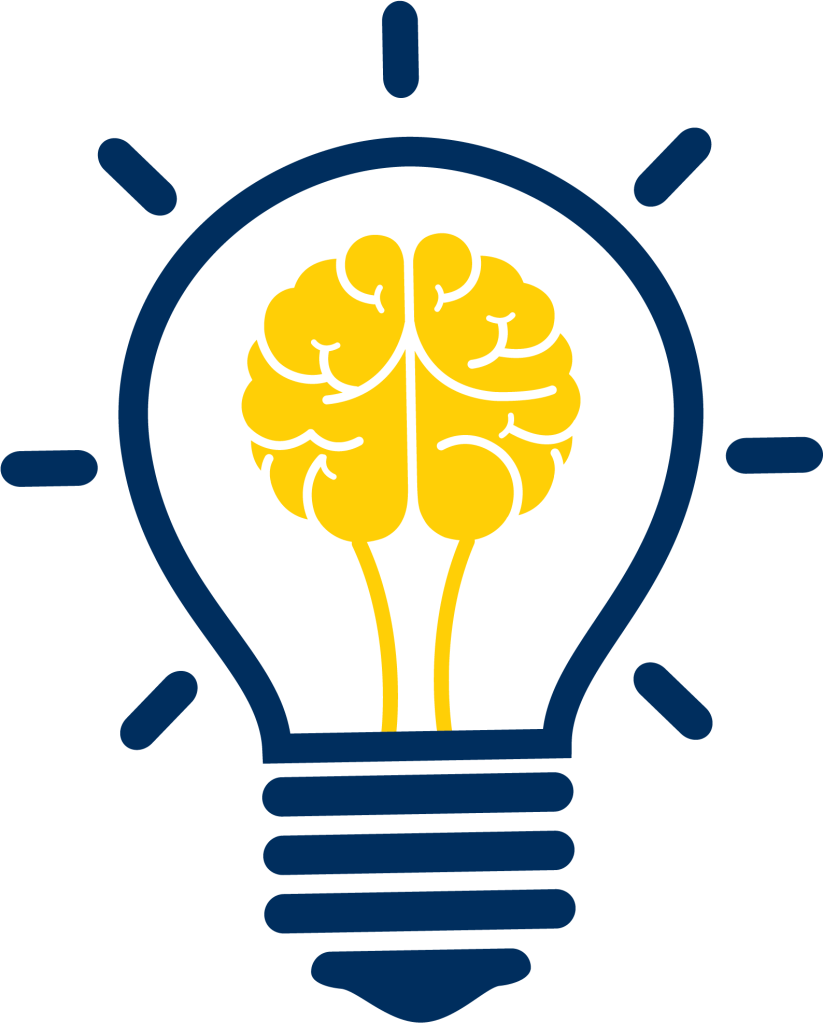The Clarify Initiative has the goal of promoting critical media literacies that counter the effects of disinformation and propaganda, especially in today’s college students learning to be better writers and readers of English. To this end, the project focuses on the role of critical language awareness (the c-l-a of ‘clarify’), which is the “understanding of social, political, and ideological aspects of language, linguistic variation, and discourse” (Wikipedia). CLA is grounded in critical discourse analysis (CDA), a field in applied linguistics that examines language through a social lens and seeks to expose how language is employed as a means of social power and ideological indoctrination.

The project started with a redesign of the curriculum for “Modern English Grammar”, an advanced undergraduate course primarily for English majors at the University of Arizona, into a course re-titled “English Grammar and the Power of Language”. The main text for the course, a freely accessible, open digital textbook with interactive exercises entitled ‘Critical Language Awareness: Language Power Techniques and English Grammar‘, is being made freely available for use in language arts, grammar, rhetoric, and English instruction at the high school, community college, and university levels, as well as by private individuals and groups.
The curriculum is centered on Language Power Techniques and Grammar Features. For the first four techniques, we have created separate online booklets from the textbook, created introductory videos, and collected additional resources: Metaphor, Doublespeak, Address Form and Pronoun Choice, and Name-calling. At the end of 2023 we will be adding additional techniques — Hyperbole, Storytelling & Censorship, Weasel Words & Phrases, and Logical Fallacies.
The Clarify Initiative is justified for three crucial reasons:
- Students are not regularly taught media literacy skills and awareness of propaganda and disinformation. Although many high school and college/university curricula include some focus on these topics, they are often treated separately from other subjects in education, humanities, and the social sciences and not integrated into courses where they might be. Without direct and consistent focus, students may be more vulnerable to their negative effects.
- Since the advent of process writing, attention to rhetorical skills focused on specific techniques has been gradually removed from the core of composition curricula. Traditional rhetoric approaches focus more directly on integrating these skills while developing, or as a means to develop, reading and writing skills, but as other pedagogical trends have come to the fore, these techniques may be given only sporadic and inconsistent attention.
- Explicit focus on grammar has been removed from many high school, college, and university English and writing courses and curricula, because it is seen as arcane, abstract, and irrelevant. Most grammar textbooks and curricula coming from traditional linguistics and syntax perspectives rarely, or only superficially, relate their content to critical language use or rhetorical techniques. Research on language and power, critical discourse analysis, and critical language awareness is often situated in applied linguistics and sociolinguistics, so it may be unknown in traditional linguistics, English, and composition silos. In applied linguistics, corpus linguistics, and TESOL, attention to grammar has not been abandoned because it simply cannot be, since learners of English as an additional language must learn grammar explicitly. This may mean that the potential of work in these fields to make grammar relevant and less arcane, even to those not learning English as an additional language, goes unrealized.
The Clarify Initiative project was founded with a generous private donation to U of Arizona English.
Questions about the project can be sent to Jon Reinhardt at jonrein-at-arizona.edu
About the project team
Jonathon Reinhardt is a Professor of English Applied Linguistics and Second Language Acquisition at the University of Arizona. He teaches grammar and courses in teaching English to speakers of other languages. https://english.arizona.edu/people/jonathon-s-reinhardt
Anuj Gupta is a PhD student in the Rhetoric & Composition program at the University of Arizona. His work focuses on UI/UX research, instructional design, accessibility, emotions in teaching and learning, computational social science and digital humanities. https://www.linkedin.com/in/anuj-gupta-3533541a1/
Robert Poole is an Assistant Professor of TESOL and Applied Linguistics at the University of Alabama. He is an applied corpus linguist and teaches various courses in the MA-TESOL program at his university. https://english.ua.edu/people/robert-poole/
Dilara Avci is an MA student in Teaching English as a Second Language at the University of Arizona. Her research interests are second language writing and materials development with a focus on digital literacies and critical pedagogy. https://www.linkedin.com/in/dilara-tunali-avci-647180b3